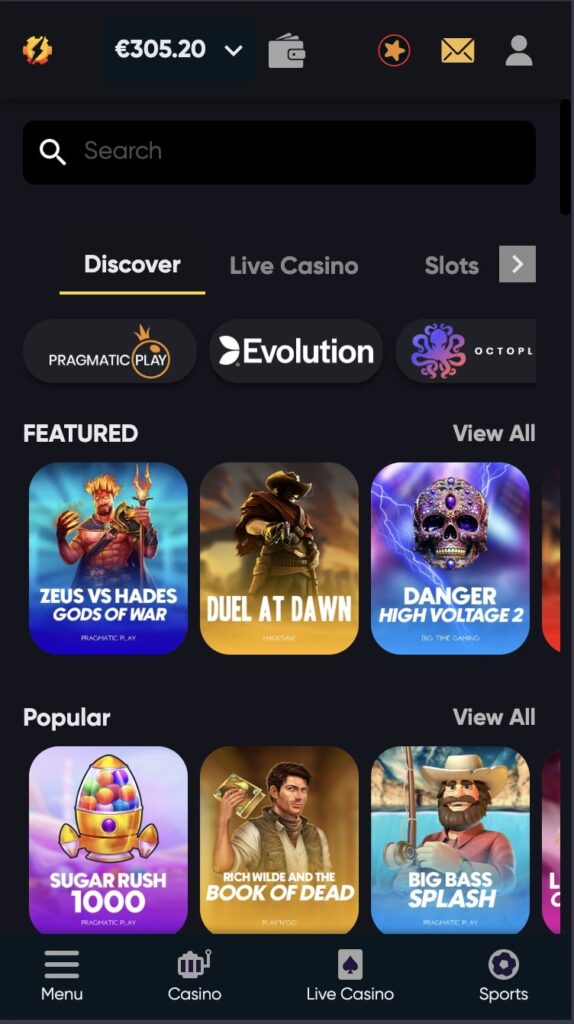List of all cryptocurrencies
While some of the trends, such as the industry’s move toward instant payments, will remain on a steady trajectory, others are expected to emerge as more important, including the use of artificial intelligence https://iconicint.com/.
In North America, authentication regulations are not seen as positively, especially so in the US. Owing to consumer attitudes and culture, merchants, PSPs and issuers are terrified they will get it – but at the same time, card schemes love the idea.
In the U.S., consumers or commercial entities may ultimately need incentives to spool up use of the FedNow system because a mandate is unlikely in this country, said Tom Warsop, CEO of the Elkhorn, Nebraska-based payments software company ACI Worldwide.
All casinos accepting cryptocurrencies
The platform offers generous welcome bonuses, with a 100% match on first deposits of up to 1.5 BTC plus 75 free spins. VIP privileges – which are reserved for returning and active players – are attainable with points earned from playing games on the platform. Withdrawals are processed quite fast, typically in under an hour. A notable omission in the casino’s offering is the lack of a dedicated mobile app, which is offset by the fact that the platform can be easily reached via a mobile browser for iOS and Android devices.
Our review concludes that BitStarz Casino features an excellent user interface, a fantastic game selection, and reliable customer service. However, please note that the casino is unavailable in certain countries, such as the United States. With its ownership by an industry expert, BitStarz Casino is a trustworthy and reliable choice for online gaming enthusiasts. We highly recommend BitStarz for its quality and security.
Not all Bitcoin casinos accept exclusively crypto – some deal with more traditional payment methods, such as debit cards and PayPal. However, the best Bitcoin casino sites will often try to incentivize their players and give them a little push towards Bitcoin gambling.
All 1 billion tokens are already in circulation and are used as a payment system between the various apps developed in or supporting EOS, meaning that volatility and price fluctuations are more or less controlled.
Bitcoin is the pioneer of cryptocurrencies and the most commonly accepted coin at online crypto casinos. Its widespread use, brand recognition, and high market value make it a staple in the crypto gambling space.

Do all cryptocurrencies use blockchain
As mentioned above, blockchain could facilitate a modern voting system. Voting with blockchain carries the potential to eliminate election fraud and boost voter turnout, as was tested in the November 2018 midterm elections in West Virginia.
You might be familiar with spreadsheets or databases. A blockchain is somewhat similar because it is a database where information is entered and stored. The key difference between a traditional database or spreadsheet and a blockchain is how the data is structured and accessed.
Each candidate could then be given a specific wallet address, and the voters would send their token or crypto to the address of whichever candidate they wish to vote for. The transparent and traceable nature of blockchain would eliminate the need for human vote counting and the ability of bad actors to tamper with physical ballots.
The settlement and clearing process for stock traders can take up to three days (or longer if trading internationally), meaning that the money and shares are frozen for that period. Blockchain can, in theory, drastically reduce that time.
In Bitcoin, your transaction is sent to a memory pool, where it is stored and queued until a miner picks it up. Once it is entered into a block and the block fills up with transactions, it is closed, and the mining begins.
IOTA replaced the traditional blockchain-based distributed ledger with a so-called directed acyclic graph (DAG). The IOTA protocol operates with a DAG-based consensus algorithm which the IOTA team have termed Tangle. Though still in development, Tangle is eventually intended to work as a distributed ledger similar to blockchains, but with a unique twist. A trader who makes a transaction must confirm two random previous transactions. Each of these two will have validated two other transactions before, and so on. The end result is not that transactions are grouped into blocks and stored in a blockchain. Rather, it is a stream of individual transactions entangled together.
